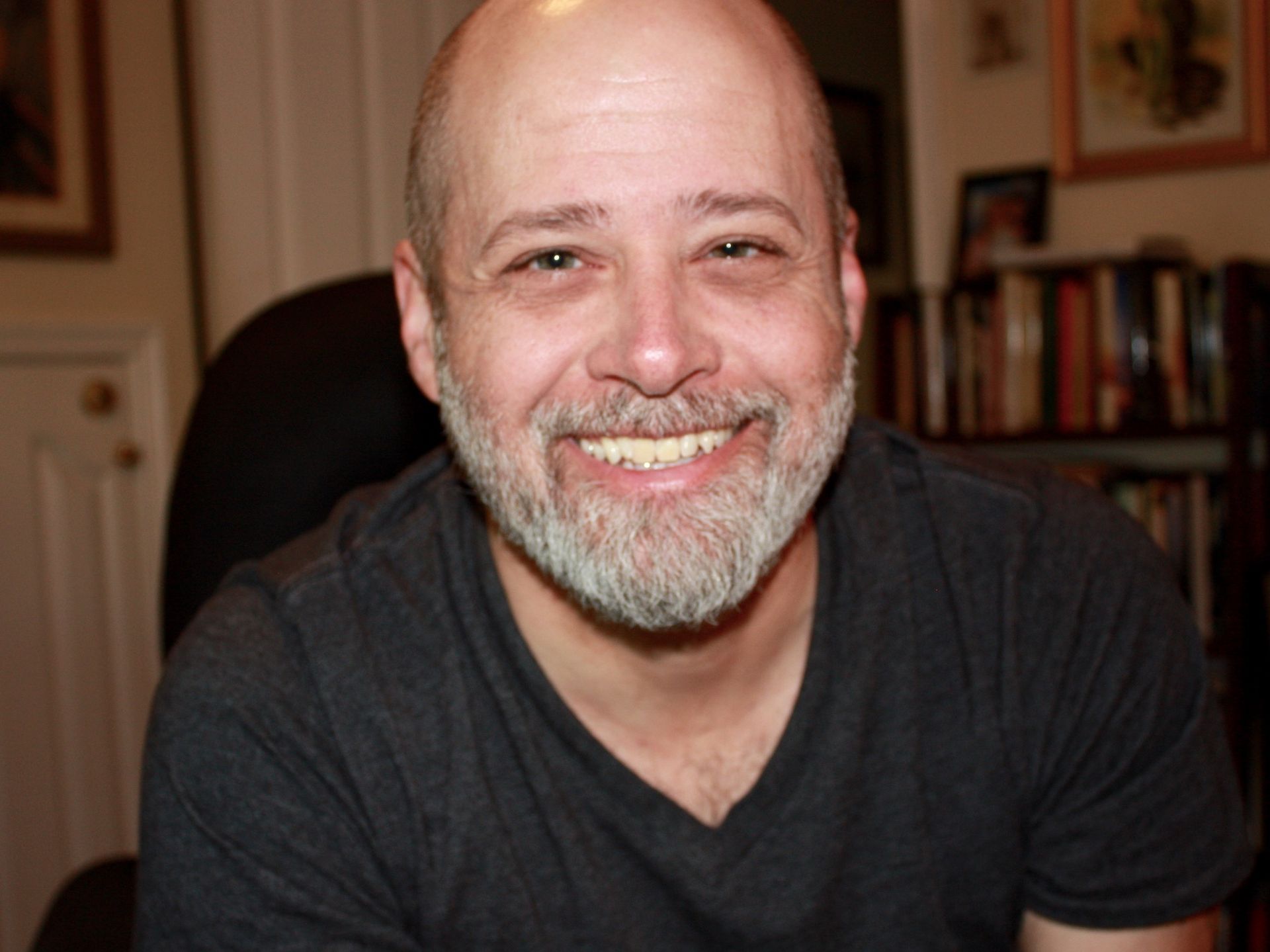I first attended the Genesis Church Planters Training in our 4th year of planting. At that point, I honestly felt like we were doing well and that I pretty much knew what I was doing.
I’m
really
glad I went- why? Because I didn’t know what I didn’t know.
Since then, I’ve been a part of the training something like 11 times, and now help to organize the whole thing- and I STILL learn many new and valuable things for ministry each time. More, I grow
every time I’m there.
As I and other Equippers from the Ecclesia Network have journeyed with dozens of church planters over the years, we’ve identified 3 things that are make-or-break in Church Planters
: developing the internal character of resilience
, seeking out coaching
and engaging somewhere along the way with training. Those who have these three things tend to make it for the long haul. Those who don’t often struggle.
That’s why we do Genesis each year.
Ecclesia exists to partner with, equip and multiply missional church communities, and a huge part of that starts each year with the relationships that are built and the skills, knowledge and encouragement that is found at Genesis.
Here’s what one past participant said:
“This week was incredible! The principles of missional church planting taught was a great blend of head, heart, and hands. This was an ideal space to discern, discuss, and work on my church planting plan. The community feel of the week was encouraging and supportive. Lots of prayer, laughter, and learning took place. I’m sad for it to end!”
Genesis presents a good balance of theology, theory, and practicality- a theological and practical trajectory for missional church planting. It’s unique in comparison to other church planters training opportunities available.
· First, there will not be hundreds of people here. More than likely, there will be somewhere between 15-25. This means plenty of room for dialog, conversation, and questions amidst all of the planned training.
· Second, everyone stays, eats, and prays together for the week. Most people leave with better friendships, some of which will be life-long, because they started the church planting journey in this way – together.
· Third, there will be a host of different equippers with unique planting stories. This gathering (as in all we try to do) isn’t dominated by just a few individuals or models of church planting. You’ll hear from a variety of planters, both seasoned and new, and learn from their experiences and approaches.
Whether you are in the discernment phase, the dreaming phase, the planning phase, or the first three years of Church Planting, Genesis will be a huge benefit to you and well worth the investment of time and money to get there. I hope you’ll consider being with us this year in beautiful McCall, Idaho! For more information and registration, click here.

Bob is the Director of Equipping and Spiritual Formation for the Ecclesia Network.
He’s the co-author of Eldership and the Mission of God: Equipping Teams for Faithful Church Leadership as well as Ministry Mantras: Language for Cultivating Kingdom Culture.
He planted the Evergreen Community in Portland, OR in 2004 and holds a DMin from George Fox/Portland Seminary.
Bob currently lives in Boise, ID with his wife, Amy, his kids, Jack, Jane, and Josie and his dog, Bentley.







